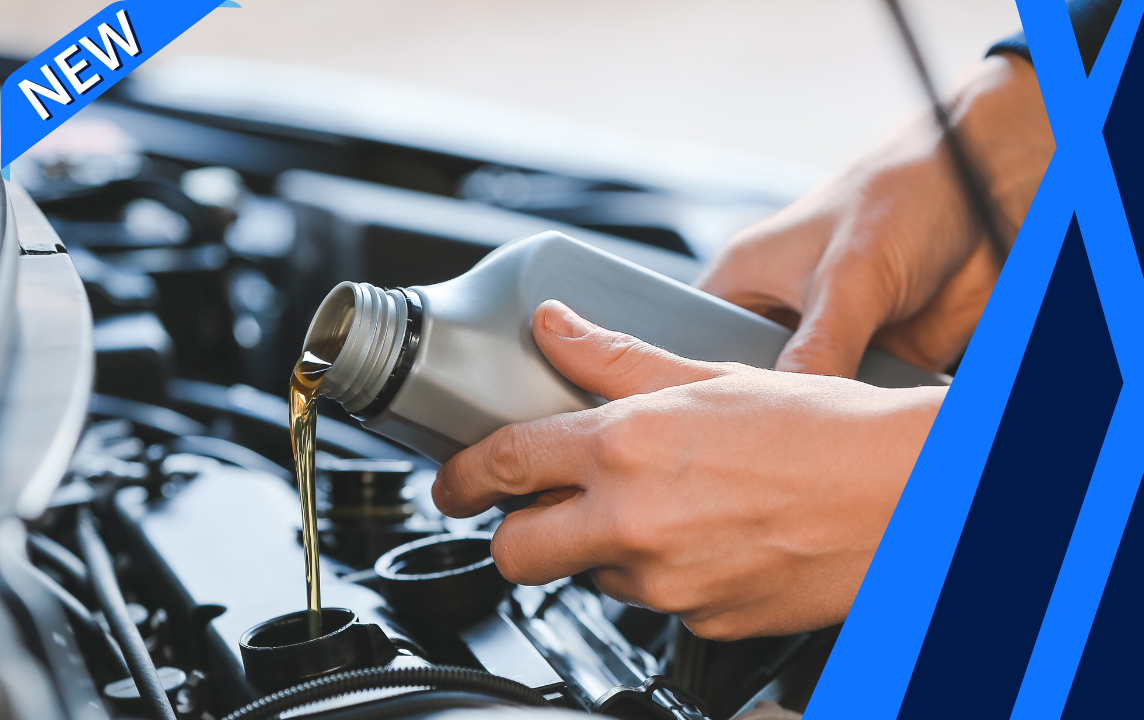Description
Loud squealing or squeaking is coming from timing belt Inspection
How this system works:
The timing belt is a toothed belt that keeps your engine synchronised (in time). It ensures that the camshaft and crankshaft are in sync during operation and that the valves open and closes at the right times in relation to piston movement. As such, it is perhaps the single most important maintenance item on your car and should be replaced at the manufacturer’s recommended service interval.
To sum this up in a nutshell, the piston and valves in your engine essentially take up the same space. Obviously, they can’t do this at the same time, or they’d crash into each other and cause serious damage. The timing belt ensures that their movement is timed correctly. When the belt breaks, timing is thrown off. The most common outcome here is bent valves (due to impact with the piston), but it can also cause damage to the cylinder head, or even to the camshaft itself.
Note that some automakers have switched to using timing chains rather than timing belts. Metal chains offer much better lifespans, and should last for the life of the engine in most cases. It should also be noted that timing belts do not squeak. The belt is toothed, so it doesn’t slip like a serpentine or V-belt. Any squeaking noise from around the timing belt cover must come from something else.
Common reasons for this to happen:
- Failing Water Pump Pulley: The water pump pulley is the most common cause of squealing or squeaking from the timing belt cover. If the bearings in the pulley are beginning to fail, they will make noise. Eventually, they’ll seize and the water pump will no longer operate, causing your engine to overheat.
- Serpentine or V-Belt Slipping: Another common cause here is noise transference from a slipping serpentine or V-belt. In these instances, the sound is actually coming from the belt slipping on a pulley and it just SOUNDS like it’s coming from behind the timing belt cover.
- Belt Too Tight: Again, the sound cannot be coming from your timing belt, but if you’ve recently had your serpentine belt or V-belt replaced, it could be adjusted too tight, which will cause squeaking or squealing.
- Pulley Misalignment: A squealing or squeaking noise can seem to come from behind the timing belt cover if one of your other pulleys is misaligned (generally after incorrect replacement of the belt on an adjustable pulley).
What to expect:
A top-rated mobile mechanic will come to your home or office to inspect the entire engine and listen to the squealing or squeaking noise. Depending on when the noise occurs, this may require a test drive. The mechanic will then provide a detailed inspection report that includes the scope and cost of the necessary repairs.
How it’s done:
The mechanic will need to inspect the engine while it’s operating to determine the noise source and whether it is coming from a belt or a pulley. The mechanic will also visually inspect the belt and all pulleys to determine wear and condition and then recommend the next step for repair.
How important is this service?
If you hear a squealing or squeaking sound from behind the timing belt cover, the chances are good that it’s the water pump pulley. If this pulley fails, your engine will overheat, causing potentially devastating damage (up to and including a cracked block). The best defence here is to ensure that the water pump is changed when the timing belt is changed and always follow the automaker’s service recommendations. One of our professional mechanics can listen to and inspect your engine, diagnose the problem and then repair it.




